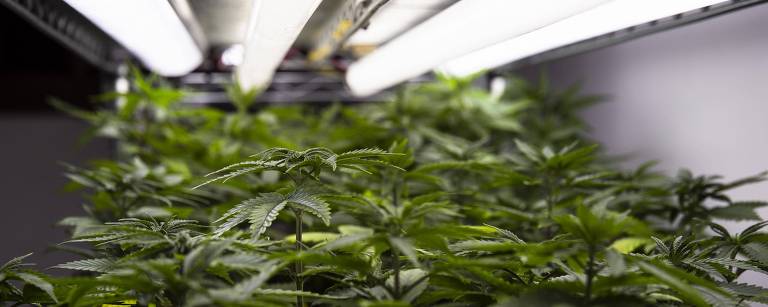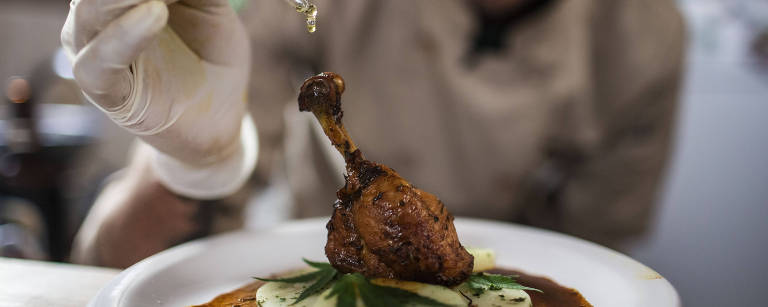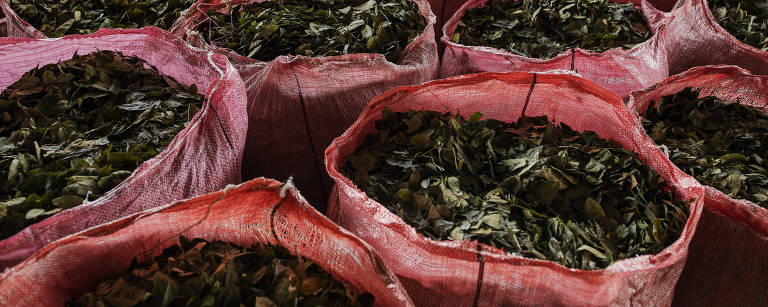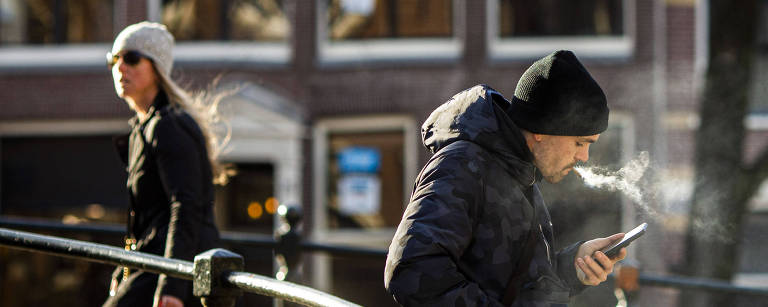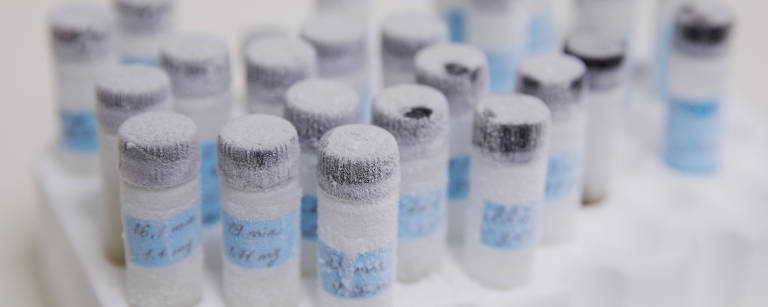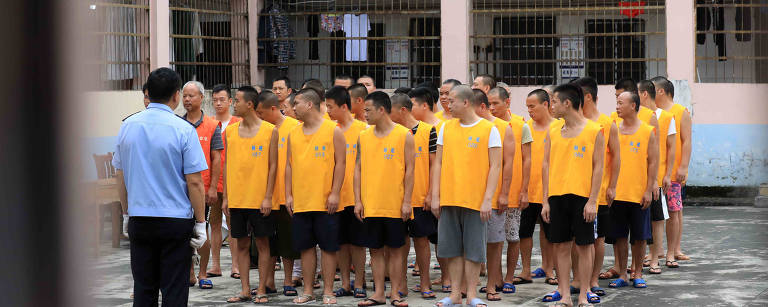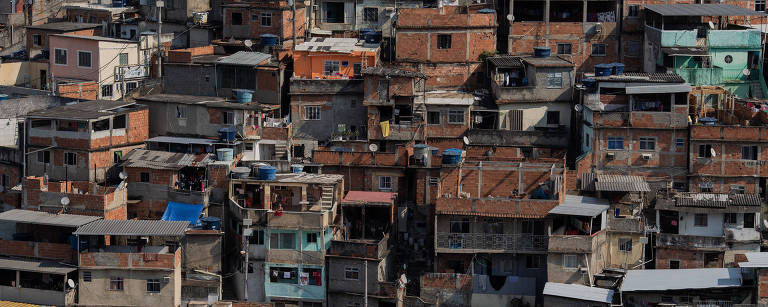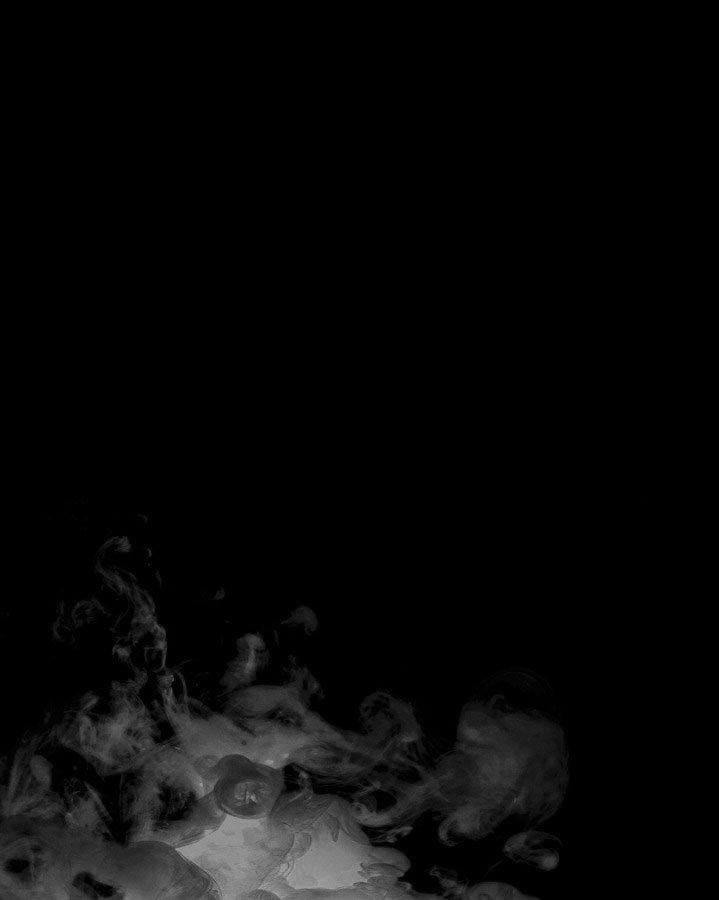
The Altered State reporting series was born of the desire to show Brazilian audiences how drug policy is conducted in other countries, at a time when this discussion is stalled in our country even as violence levels remain high and our prison population is one of the biggest in the world. The war on drugs also disproportionately affects black people, who are 77% of the victims of homicides and 67% of the incarcerated.
Based on research and on talks with the Folha’s international correspondents and reporters, we chose eight countries, besides Brasil itself, situated on different points in the continuum between severe repression of drugs and legalization of one or multiple substances: Uruguay, Bolivia, the US, Israel, Portugal, the Netherlands, China and Indonesia. We also strived to choose nations that adopted novel strategies: the legalization of marijuana in Uruguay, for example, was done very differently than in the US.
Six reporters and three photographers traveled to six countries and to Rio de Janeiro between January and September 2020. On the trips, reporters interviewed those involved in different stages of production, processing and distribution of substances, as well as substance users, addicts and former addicts and those involved in their recovery. They also researched as much data as was available on the production and consumption of substances in each country. A photographic reporter accompanied each trip and produced images and video.
When the Covid-19 pandemic started, two of the planned trips had not been taken: to China and to Indonesia. So these two chapters were done remotely by two reporters based in São Paulo, but maintaining the same rigorous research and reporting methods. We were unable to produce our own photos and videos in these two cases.
We also used standardized infographics profiling each country (with data such as per capita GDP, population, HDI etc.) and profiling the main drugs produced or consumed in each country. The project was presented to Open Society Foundations and they financed part of its execution.
